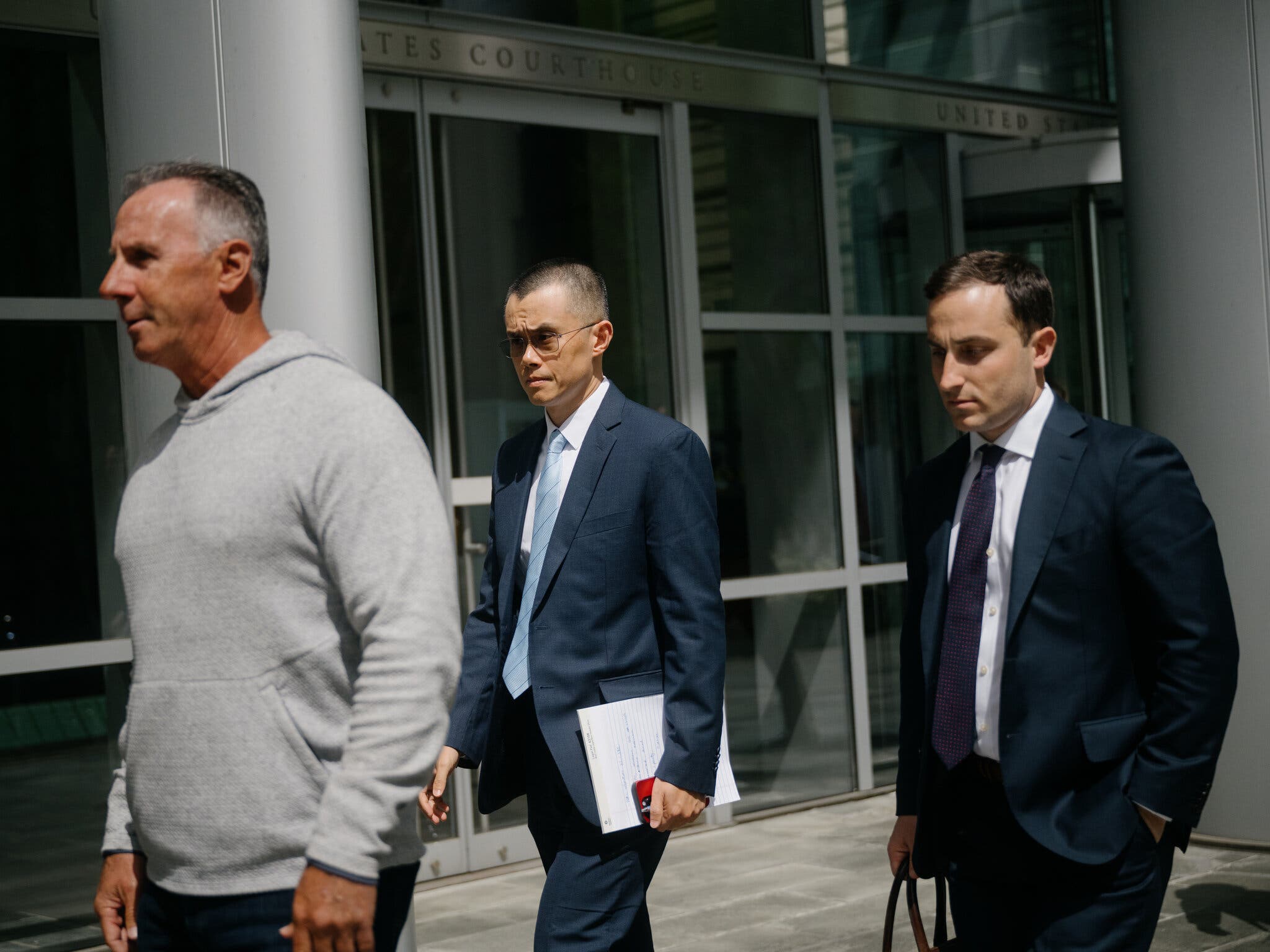Justice Delays and Detentions in Maverick County
In Maverick County, Texas, legal proceedings are severely delayed, leaving defendants like Fernando Padron in jail for extended periods without proper representation or charges. Maverick County’s justice system is described as dysfunctional, often neglecting basic legal rights, particularly for low-income defendants. It is common for months to pass before defendants learn of any charges, receive legal representation, or even appear in court. Despite state laws guaranteeing timely legal processes, authorities in Maverick County frequently violate these protocols, leaving individuals like Padron without clear resolution and trapped within a fragmented system, underscoring severe systemic failures and injustices in the local judicial proceedings.
Problems in the Maverick County Judicial System
Padron’s story is emblematic of the broader systemic issues plaguing the criminal justice system in Maverick County. The persistent delays, lack of legal representation, and disregard for legal protocols contribute to prolonged incarcerations and uncertainty for many like Padron. Despite attempts at reform and public pressure, fundamental issues such as communication gaps between the sheriff’s department and the district attorney’s office, as well as the inefficient handling of requests for legal aid, have hampered progress. These flaws are compounded by the county’s political landscape, where entrenched rivalries and a history of corruption have obstructed meaningful change. Although steps have been taken to appoint more lawyers and accelerate case processing, these efforts have yet to yield tangible improvements for those caught in the cycle of bureaucratic neglect. Consequently, many residents continue to navigate a labyrinthine system without the necessary support, facing an uphill battle to assert their rights and regain their freedom.
Problems in the Maverick County Judicial System
In the absence of public defenders, Maverick County relies on local attorneys to represent low-income defendants, providing them with minimal compensation per case. However, in felony cases, attorneys are often not appointed until defendants make their way before a judge, which usually occurs months or even years after an arrest. In the misdemeanor courts, appointments are even rarer, and typically the prosecutor is the sole lawyer present in proceedings. Judge English Cantú, whose principal role is akin to a mayor as the county executive, does not hold a law degree, which is common for many county judges in Texas. This lack of legal background adds another layer of complexity to the county’s already troubled judicial system.
Challenges Faced by Defendants Without Legal Representation
Padron’s experience reveals the systemic issues within Maverick County’s justice system, highlighting the significant consequences of administrative inefficiencies and neglect. Caught in a cycle of arrests and delayed legal processes, Padron’s life has been significantly impacted by the lack of timely legal support and the county’s failure to adhere to procedural standards. His story is not just about an individual trapped in the system but reflects a wider pattern of dysfunction where those charged with minor offenses endure prolonged incarceration and face repeated legal troubles due to bureaucratic oversights and a paucity of public defense resources. The failure to provide timely legal representation and adhere to legal deadlines exacerbates the struggle of individuals like Padron, who, despite minor infractions, suffer disproportionately within a flawed system.
Challenges in Resolving the Judicial Inefficiencies in Maverick County
The challenges faced by individuals like Fernando Padron illustrate the deep-seated flaws within Maverick County’s judicial system, where inefficiencies, systemic barriers, and lack of transparency lead to prolonged incarcerations without adequate legal representation or timely processing of cases. Despite some attempts at reform and improvements, these efforts have not significantly altered the situation for many defendants who remain trapped in a cycle of delays and inadequate judicial procedures. The enduring impact on Padron’s life, and others like him, highlights an urgent need for systemic change to ensure justice and protect the rights of those who cannot navigate the system independently.















Post Comment